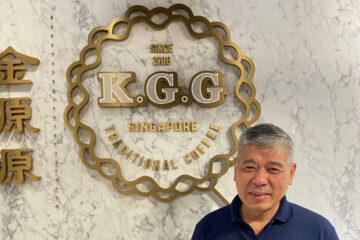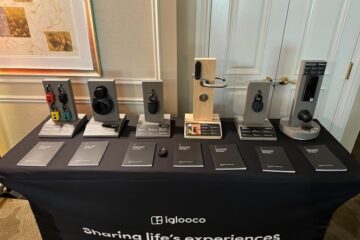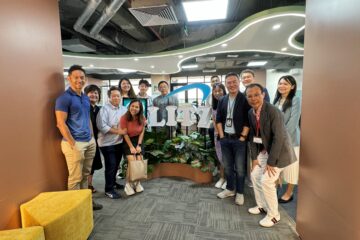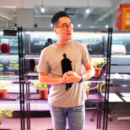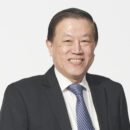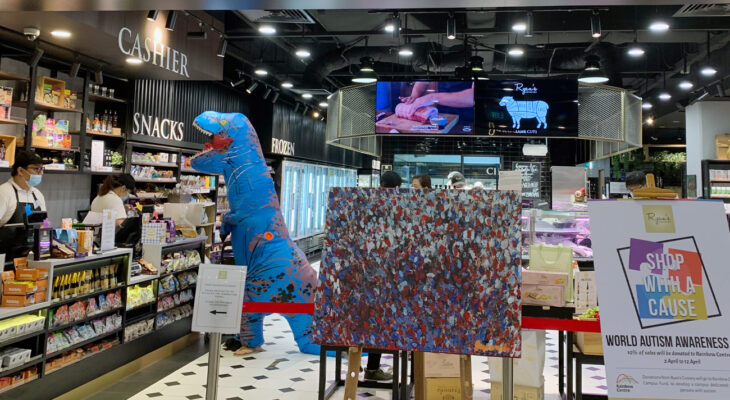
Serving up Organic Success in ASEAN
Ryan’s Grocery has made a successful foray into Vietnam and is now eyeing the rest of the region for growth.
Ryan’s Grocery, founded in 2015, and incorporated in 2019 to begin its franchising journey, is a Singapore-based retailer that is leading the way for organic, ethical, and sustainable food in Singapore and the region. The company’s journey began when Sebastian and Wendy Foo, two of its co-founders, discovered that their son Ryan was intolerant to dairy, gluten, nuts, soy, eggs, yeast and various types of fruit and vegetables.
The couple traveled to Australia, a country known for its strict certification standards and allergen-friendly foods, to source for sustainable food items suitable for his health condition. Through their experience, they realised that there was a growing demand for allergen-friendly food in Singapore, which led to the creation of Ryan’s Grocery.
The company is now a one-stop shop for just about everything organic, gluten-, allergen- and preservative-free. It is now looking to expand beyond Singapore’s shores, and has entered the Vietnamese market with a franchise model.
BizQ speaks to Willie Foo, Executive Director and Co-Founder of Ryan’s Grocery, on the firm’s experiences in Vietnam and its plans for further regional expansion.
Why did Ryan’s Grocery pick Vietnam as its first overseas market?
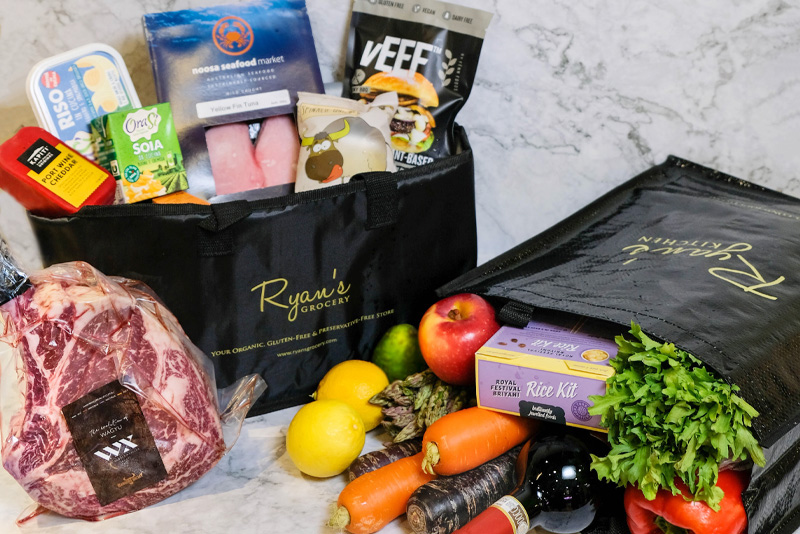
Developing Ryan’s Grocery into a franchise model and venturing into Vietnam was not planned. Over the last few years, we have had many regional travellers patronising us, particularly from Vietnam and Cambodia. After much persuasion from them, we decided to enter the Vietnamese market.
Vietnam is one of the fastest growing economies in this region. Their organic food market holds great potential as there is significant growth in the demand for clean, organic and quality food products. The country also has one of the youngest populations in Southeast Asia, with a growing middle class that values healthy eating and environmental sustainability.
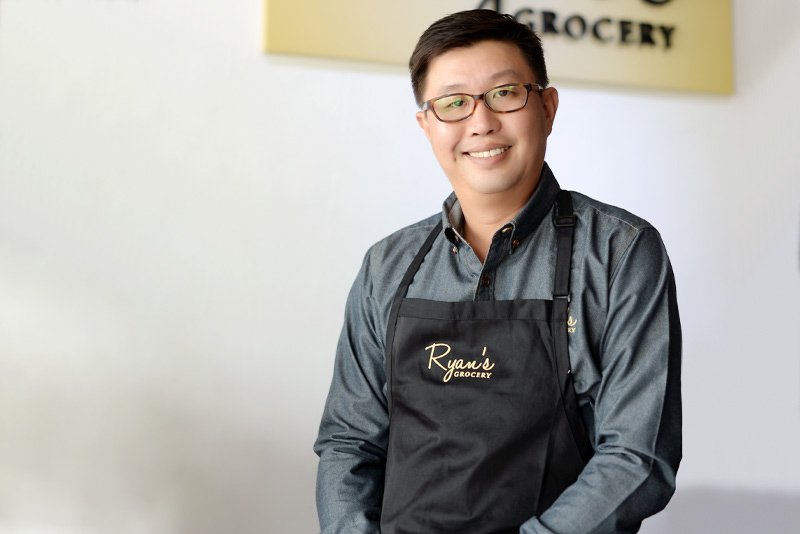
What were some challenges that you faced venturing into Vietnam?
Language was one key challenge. All the paperwork sent over had to be written in Vietnamese. This meant that even foreign paperwork had to be verified with Vietnamese translations. It also required notarisation or certification by the court in the originating country, before being authenticated by the Vietnamese embassy. Licenses were also issued in Vietnamese.
Training the local team also had its challenges, as many were not fluent in English. To address this, we had to modify our Franchise Standard Operating Procedure to include more graphics, such as pictures and video examples as well as engaging an interpreter where necessary.
Another pressing concern was the business culture. In Vietnamese culture, hierarchy and family values are very important, especially when dealing with government or state-owned organisations. Respecting elders regardless of rank is of utmost importance. Furthermore, it is essential to make group connections as decisions are usually made by a committee.
A point to note about the Vietnamese culture is that once a colleague introduces you to their family, it means they have accepted you as a friend and you have their trust as a business associate.
Over the years, I have patiently developed relationships with my franchisees by spending more time with their family members. I have also observed that most business decisions are made collectively by the family.
What advice would you give to F&B companies looking to expand to Vietnam?
To begin with, not all food products from Singapore can be imported into Vietnam, and Singapore exporters are encouraged to check with the local food approval authority. For example, the origin of meat is strictly controlled and needs to be on the pre-approved list of countries and suppliers.
Secondly, businesses need to selectively and strategically choose relevant best-selling products to export. Registering food products in Vietnam can be a very costly exercise as they charge by Stock Keeping Unit (SKU). Also, do not rush into selecting your business partners in Vietnam. Allow yourself some time to understand them and their families first. This way, the relationship will last for a long time.
SMEs should first tap on SBF’s GlobalConnect platform for assistance. A majority of Vietnamese companies prefer to do business with big organisations. Therefore, through GlobalConnect@SBF, introductions can be made to link up with Vietnam’s larger companies, especially state-owned organisations.
Businesses can also be more proactive by participating in SBF’s or Enterprise Singapore’s business mission trips to Vietnam to better understand the market segment and consumer needs. Finally, ensure that your products are differentiated to fill a market gap.
How do you intend to increase your presence in Vietnam and the rest of ASEAN?
We have legally signed two master franchisees in Vietnam – one in Hanoi and another in Ho Chi Minh City – with each area committing to one flagship store with an F&B section, as well as three “original” stores. In addition, we are also seeking prospects to open in Danang.
For the other Asian markets, we are currently in talks with prospects from Hong Kong, Cambodia, and Indonesia. However, due to the pandemic, this process has been halted for the time being. We look forward to continuing the discussion and have taken this time to make sure that we are more than ready to move forward once the dust has settled.
How important is it for the business to be carbon-neutral while keeping prices affordable?
We believe it is extremely important that businesses work towards being environmentally friendly in any area they can. For us, one area we specifically felt we could make a big difference in was ensuring as many of our products as possible are carbon-neutral.
How we did this was by practicing “responsible sourcing”. This means we visited producers and farmers to understand their processes to ensure that their practices aligned with our support for not only humane animal treatment but ethical and sustainable farming as well.
We also source directly from like-minded farmers who share our beliefs. We work with farmers who help to fight climate change and deliver a cleaner, greener future for our planet. We ensure their carbon-neutral certificates are appropriately obtained under the National Carbon Offset Standard (NCOS) and NCOS approved projects to offset their carbon emissions.
We know this sounds like an expensive endeavor and you would expect a high premium attached to it but by having the support of our suppliers and other stakeholders, we have been able to keep our prices competitive. This has helped us in staying true to our mission of making sure our products are accessible to all, while supporting the needs of the local community of customers with regards to their food intolerances or dietary requirements.




